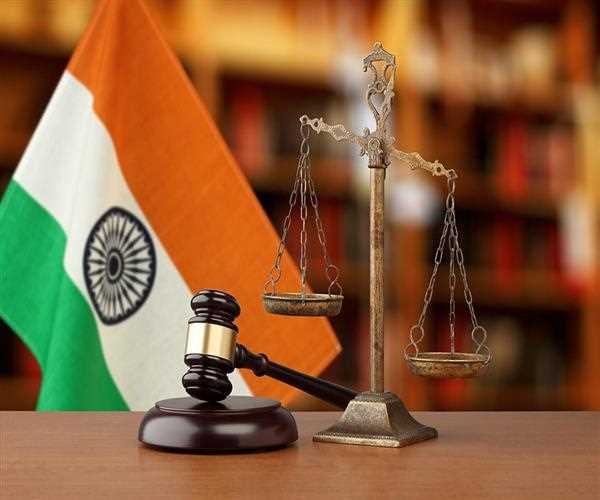
25-Jul-2024 , Updated on 7/25/2024 10:27:36 PM
Judicial Overreach: A Threat to Indian Democracy
Democracy has three pillars, one of which is the judiciary and it is extremely crucial for maintaining law and implementing justice. The courts in India are viewed as an upholder of fundamental rights and as the protector of constitutional rights. On the other hand, the fundamental framework of democracy is put at risk when judges abuse their authority.
Independence and accountability of the judiciary
A crucial aspect of Indian democracy is the judiciary’s independence. It guarantees judges autonomy from political and other external influences while making decisions. But accountability needs to be corresponded to this independence. The confidence of the public in the legal system is damaged when judges abuse their authority and the ideals of justice and fairness are also compromised in this regard.
Forms of Judicial Misuse
There are several ways that the court system can be misused, i.e.: through corruption, bias, and incompetence. A legal term known as "judicial overreach" refers to judges' rulings that impede the power of the legislative or executive branches. This is often a major factor for the commencement of differences among the three branches.
Similarly, judicial activism is also needed to rectify injustices and safeguard rights but when it goes beyond correction, it may disrupt the balance of power and cause governance problems and issues. A major concern is the existence of corruption in the judiciary, judges who participate in corrupt activities jeopardize the integrity of the legal system. Whether by bribery or by other improper conduct. Along with this, judges' bias towards a particular or a particular group further decreases the concept of impartiality which is essential for the execution of justice.
Impact on Democracy
Misuse of the justice system may have severe repercussions and consequences for democracy. The separation of power, which holds the stability may collapse if judges take on more authority than what they are entitled to. To keep any one arm of the government from growing too strong, this division is necessary. The judiciary decides on matters of policy that belong in the purview of elected legislators, which leads to judicial overreach which further strains democracy.
The judiciary’s corruption and partiality threaten the public’s trust in the legal system and people believe that justice may be bought or swayed by personal relationships they lose faith in the judiciary’s ability to make fair and impartial judgments.
Present-day Illustrations
There have been cases in India in recent years where decisions by courts have sparked worries about abuse of power. Several verdicts have drawn criticism for exceeding their jurisdiction or for political motives.
Moreover, accusations of dishonesty and corruption against judges have surfaced into the knowledge of the general public harming the judiciary’s reputation. The need for transparency and condor in the legal system has been brought to light by high-profile cases involving judges who have been accused of receiving bribes or displaying bias.
Conclusion
It is important to confront the abuse of judicial power to protect Indian democracy. It is essential to reinforce judicial accountability procedures. Establishing strong methods for looking into and handling accusations of corruption against judges is part of this. The judiciary must adopt more transparency in all aspects of its operations, which also includes the appointment and selection of judges.
Judicial reforms are required to maintain the judiciary’s autonomy while maintaining its accountability and responsibility. One way to lessen the effects of corruption and prejudice would be to create an impartial structure to supervise judicial nominations and actions. To avoid judicial overreach of authority, the functions and duties of the legislative, executive, and judiciary should also be well-defined to maintain equilibrium and separation simultaneously

Student
Economics can be broken down into microeconomics, which looks at individual decisions, and macroeconomics, which is concerned with the economy as a whole. Both types of economics utilize historical trends and current conditions to inform business decision-making and make predictions about how markets might behave in the future. Students who choose to study economics not only gain the skills needed to understand complex markets but come away with strong analytical and problem-solving skills.
Join Our Newsletter
Subscribe to our newsletter to receive emails about new views posts, releases and updates.
Copyright 2010 - 2026 MindStick Software Pvt. Ltd. All Rights Reserved Privacy Policy | Terms & Conditions | Cookie Policy